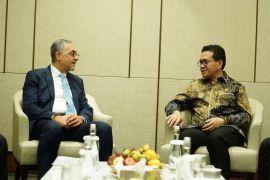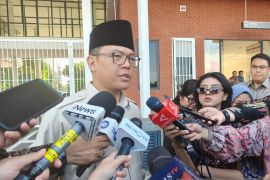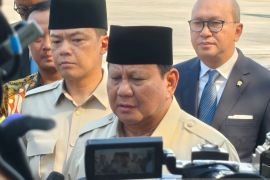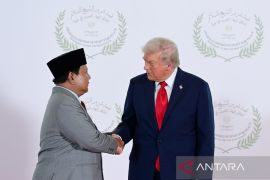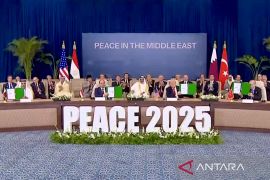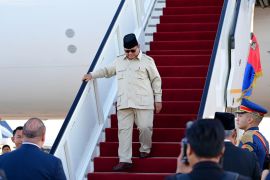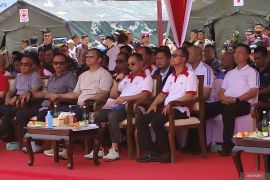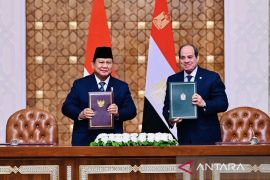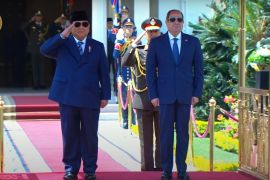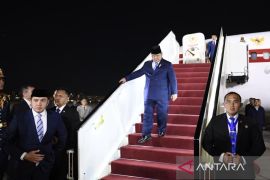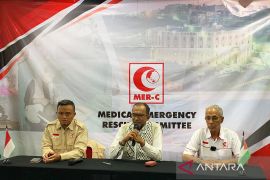"With the knowledge that I have of the great revolutionary and history making people of Egypt, I am sure they will play their role in creating an Islamic Middle East for all freedom, justice and independence seekers," Foreign Minister Ali Akbar Salehi was quoted as saying on state television`s website.
Salehi, who was officially endorsed by the Iranian parliament on Sunday as foreign minister, said the uprising in Egypt "showed the need for a change in the region and the end of unpopular regimes."
"The people of Tunisia and Egypt prove that the time of controlling regimes by world arrogance (the West) has ended and people are trying to have their own self-determination," said Salehi, who also oversees Iran`s controversial nuclear programme.
"Unfortunately we are witnessing the direct interference .... of some American officials in the developments in Egypt," he said, and added the Egyptians were showing "they are no longer ready to stand idle in face of crimes by the Zionist regime."
In the initial days of the Tunisian uprising, Iran had said it was "worried" about the events in that country.
"We are worried about the situation in Tunisia...We hope the Muslim Tunisian nation`s demands are fulfilled through peaceful and non-violent means," the foreign ministry had said on January 16.
On Tuesday, Salehi said Iran will offer its support to the protesters in Egypt.
"On our part we are going along with the freedom seekers of the world and support the uprising of the great nation of Egypt. We sympathise with those injured and killed" in the protests, he said.
Egypt has been rocked by deadly protests for more than a week and on Tuesday Egyptians planned mass marches in their campaign to oust the embattled President Hosni Mubarak.
Washington, a key ally of Cairo, has urged Mubarak to do more to defuse the crisis, with President Barack Obama calling for "an orderly transition to a government that is responsive to the aspirations of the Egyptian people."
Iran itself was rocked by similar protests against President Mahmoud Ahmadinejad after he was re-elected in June 2009.
Dozens of Iranian protesters who took to Tehran streets were killed in clashes with security forces and militiamen who cracked down on them in a bid to quell what was one of the worst crises in the Islamic republic since the 1979 revolution which toppled the US-backed shah.(*)
Editor: Aditia Maruli Radja
Copyright © ANTARA 2011
